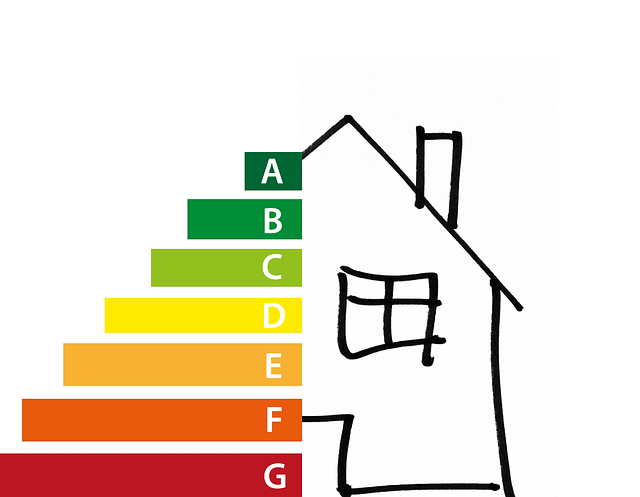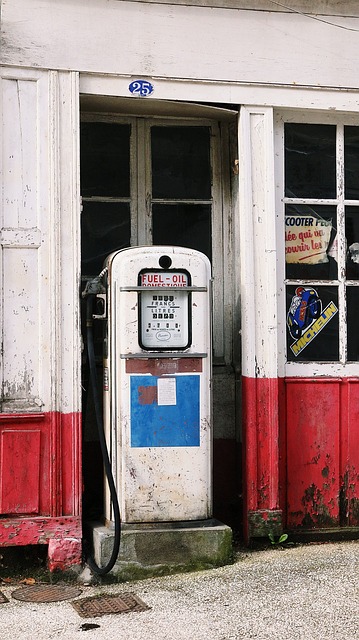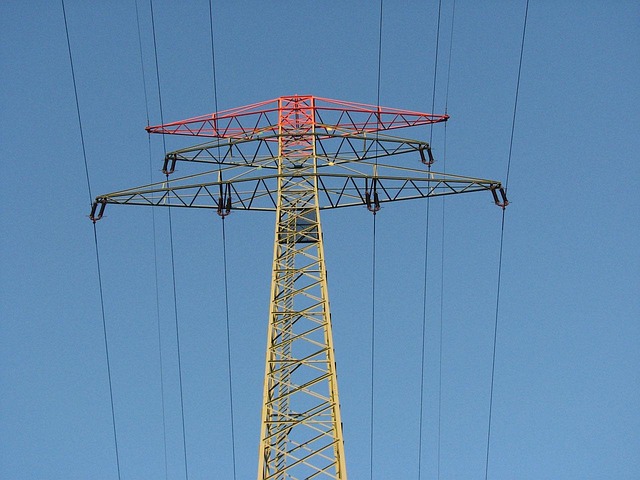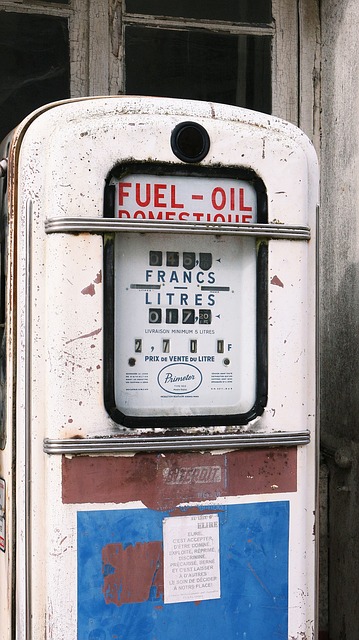When choosing a water heater, prioritize energy efficiency and consider tankless models for on-demand heating and reduced standby heat loss. The EPA's ratings guide and capacity evaluations help select heaters that match specific hot water needs, optimizing energy use and saving money while minimizing environmental impact based on chosen fuel types (natural gas, electric, propane). Assess occupancy, daily usage, and frequency to determine required heating capacity for informed decisions.
When it comes to selecting a new water heater, understanding Energy Star ratings is key to making an energy-efficient choice. This comprehensive guide will walk you through the process of evaluating your options, from comprehending Water Heater Energy Star ratings to navigating tankless models and considering fuel types. We’ll also help you determine your hot water needs and capacity requirements for a tailored selection. Dive into these factors to ensure optimal energy efficiency in your home.
- Understanding Energy Star Ratings for Water Heaters
- Factors to Consider When Choosing a Water Heater
- Tankless Water Heaters: Pros and Cons
- Evaluating Capacity and Hot Water Needs
- Fuel Type Considerations for Energy Efficiency
Understanding Energy Star Ratings for Water Heaters

Choosing a water heater is a significant decision that impacts both your energy bills and environmental footprint. Understanding Energy Star ratings for water heaters is key to making an informed choice. These ratings, assigned by the Environmental Protection Agency (EPA), provide valuable insights into a water heater’s energy efficiency based on its fuel type and capacity.
For instance, tankless models, known for their on-demand hot water heating, often carry higher Energy Star ratings than traditional tank-style heaters. This is because they use less energy overall, as they only heat water when it’s needed, reducing standby heat loss. When evaluating a water heater, consider your specific hot water needs and the appropriate capacity. The right balance ensures optimal energy efficiency, saving you money in the long run, while also minimizing your carbon footprint based on fuel type.
Factors to Consider When Choosing a Water Heater

When selecting a water heater, there are several key factors to consider that go beyond simply picking the most affordable option. Energy efficiency is a crucial aspect, as it directly impacts your utility bills over time. Look for heaters with high Energy Star ratings, indicating superior energy performance compared to standard models. This is particularly important if you’re aiming to reduce your environmental footprint and cut down on greenhouse gas emissions.
Another significant consideration is the type of fuel the water heater uses. Tankless models, also known as on-demand or instant heaters, offer enhanced energy efficiency by heating water only when needed. They eliminate the need for a storage tank, reducing energy loss from standby heat. However, they may be more expensive upfront and require careful assessment of your hot water needs to ensure adequate flow rates. Conversely, traditional tank heaters are generally more affordable but consume more energy due to constant heating and storage. Capacity evaluation is vital; choose a heater with the right size for your household’s hot water demands.
Tankless Water Heaters: Pros and Cons

When considering a water heater selection, one popular option to explore is the tankless model, particularly for those looking to enhance energy efficiency in their homes. Tankless models, also known as on-demand or instant water heaters, offer several advantages in terms of both energy conservation and cost savings. Unlike traditional storage water heaters with a large tank, these tankless models heat water only when needed, eliminating the constant energy draw associated with maintaining a hot water reserve. This can lead to significant energy efficiency improvements, especially for households with varying hot water needs throughout the day.
However, there are some considerations. Tankless models often have smaller capacities, which might not be suitable for large families or homes with high hot water demands. The fuel type also plays a role; while natural gas and electric tankless heaters are common, propane options exist but may require additional infrastructure. For accurate capacity evaluation, understand your household’s specific hot water usage patterns. While tankless models excel in energy efficiency, they might have higher upfront costs compared to standard storage heaters, but these savings can be realized over time through reduced energy bills.
Evaluating Capacity and Hot Water Needs

When evaluating a water heater’s energy star rating, understanding your specific hot water needs is crucial for making an informed decision. The first step in this process involves assessing your household’s capacity requirements. Factors such as the number of occupants, daily hot water usage, and the frequency of use will determine the necessary heating capacity. For instance, larger families or homes with multiple occupants will require more substantial heating output to meet their hot water demands.
Tankless models, often praised for their energy efficiency, are a popular choice among environmentally conscious consumers. These innovative systems deliver hot water on demand, eliminating the need for a large storage tank. The energy efficiency of tankless heaters is particularly appealing, especially when considering the fuel type. Whether it’s electricity or gas, these models can significantly reduce energy consumption and associated costs, making them an attractive option for those looking to enhance their home’s sustainability while managing hot water needs effectively.
Fuel Type Considerations for Energy Efficiency

When evaluating a water heater’s energy star rating, understanding the fuel type is crucial for making an informed decision regarding your water heater selection. Different fuel types, such as natural gas, electricity, or propane, have varying levels of energy efficiency and can significantly impact your hot water needs. For instance, tankless models, powered by gas or electricity, offer superior energy efficiency compared to traditional tank-style heaters. They heat water on demand, eliminating the need for constant maintenance and reducing energy waste.
The capacity evaluation is also essential when considering fuel type. Large families or households with high hot water usage will require heaters with larger capacities. Fuel types like natural gas are cost-effective for such cases due to their efficient burning and ability to swiftly heat large volumes of water. Conversely, electric tankless heaters might be more suitable for smaller households as they generally have lower energy consumption rates. This consideration ensures that you match your water heater’s capabilities to your specific hot water needs, promoting optimal energy efficiency in your home.
